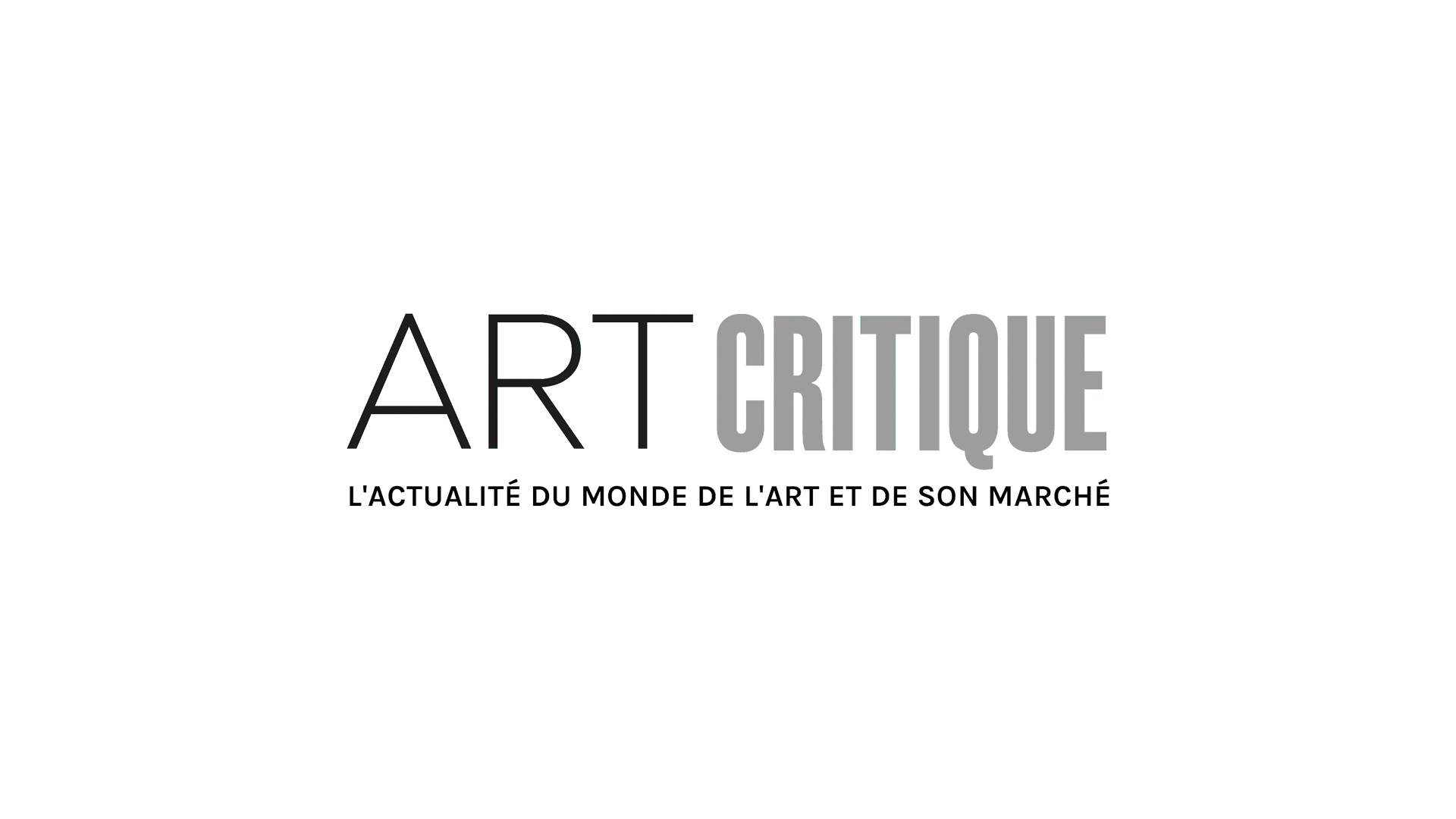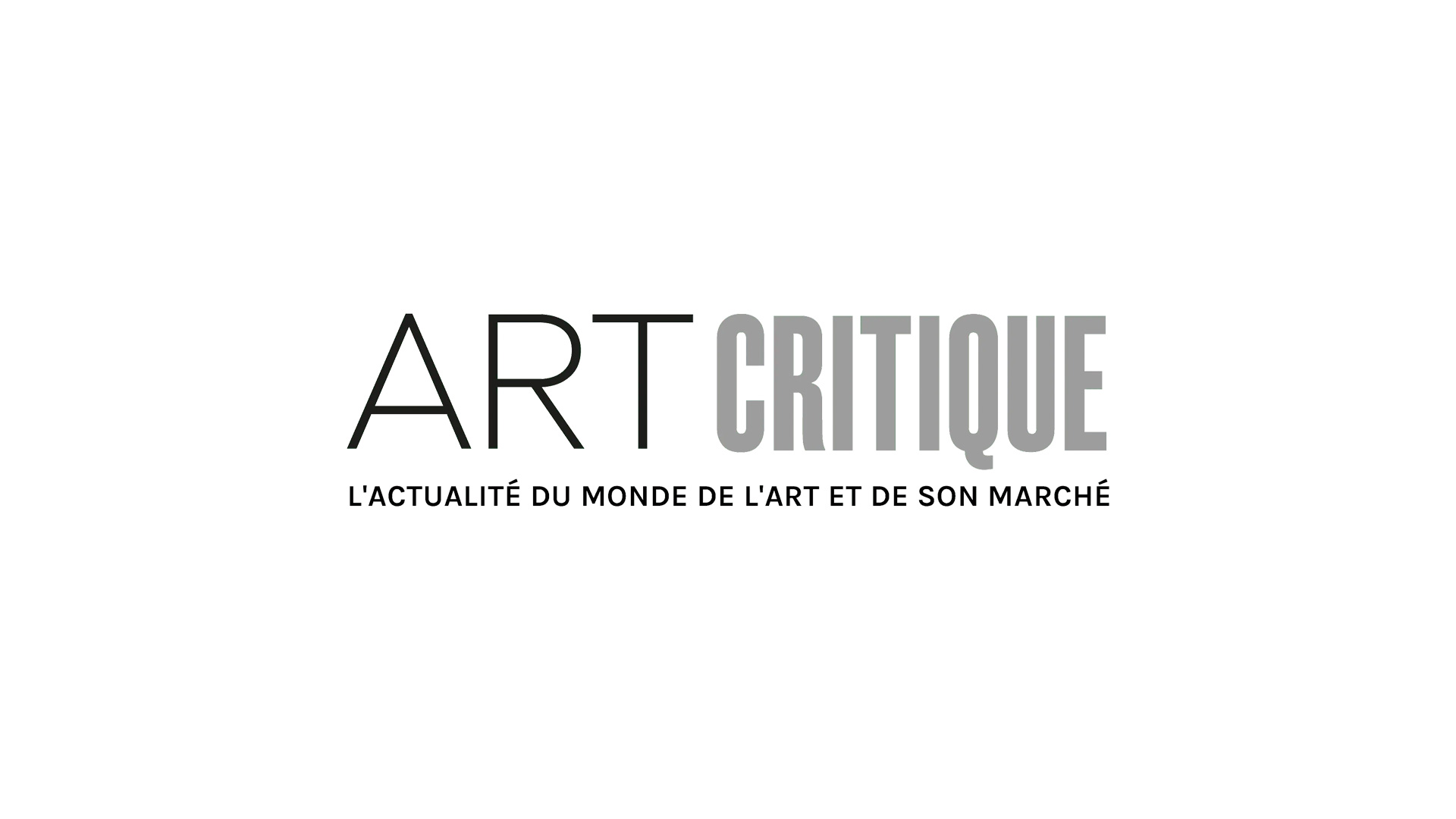This week’s Art World Roundup brings Kaywin Feldman’s response to criticism over a postponed retrospective of Philip Guston works and Ai Weiwei’s thoughts on Trump, China’s relationship with Germany, and how we react to images today. Also, French auditors urge transparency for how money is spent in the restoration of Notre-Dame, the Andrew W. Mellon Foundation creates the “Monuments Project,” and a T. rex. who sold for £21.2 million.
National Gallery director speaks out about Philip Guston retrospective
Kaywin Feldman, director of the National Gallery in Washington, DC, spoke with Artnet News about the joint decision to postpone the Philip Guston retrospective. The exhibition, postponed due to the pandemic, was recently postponed until 2024 by choice of the National Gallery, the Museum of Fine Art, Houston, Tate Modern in London, and the Museum of Fine Arts, Boston. In their announcement, the museums stated they were delaying the show “until a time at which we think that the powerful message of social and racial justice that is at the center of Philip Guston’s work can be more clearly interpreted.” However, many have spoken out against the choice. Read Feldman’s entire interview here.

Ai Weiwei on Trump, China, Germany, and desensitisation
Chinese artist and activist Ai Weiwei, who now lives in England, spoke with the Observer about topics including the relationship between China and Germany, reactions to US president Trump’s COVID-19 diagnosis, and a general numbness to images experienced by modern society. “People were just laughing and celebrating on social media,” Ai said in an interview of news that Trump tested positive for COVID-19. “The attitude was, ‘You lose, Trump!’ It is so sad that a nation has been brainwashed to that degree. They take the relationship with America so personally, and yet they have no understanding left about common human feeling. That is what an authoritarian regime can do by limiting the information the public get: brainwash people so they do not feel that way any more.” Ai continued the conversation dubbing Germany “China’s 33rd province” due to their close trade relationship to China before discussing his new large-scale work being shown throughout October in London’s Piccadilly Circus. “We are so flooded with images now. There is so much information coming at people, many of them shocking images, that people don’t feel much emotion any more,” he said. Read more of the conversation here.
French auditors alleged misuse of funds in restoration of Notre-Dame
As work continues to restore Notre-Dame after it was ravaged by a fire in April 2019, auditors have released a report stating that donations have been misused by the organization in charge of the rebuild. According to the court of auditors, €5 million (£4.5 million) in donations were used to pay the salaries of the overseeing public body’s 40-person staff, operating costs, and the rent for the building used by the operating organisation, which is led by Jean-Louis Georgelin, a retired military general. Utilizing donations as opposed to public funds to pay such costs violates a July 2019 law passed to regulate the restoration of the cathedral. Auditors urge the overseeing body be more transparent about the allocation of funds. Although the tragic fire quickly drew in pledges of €825 million (£751 million), less than a quarter of those pledges have received and pandemic has likely stifled some anticipated donations. In response to the findings, Christophe Rousselot, general delegate of the Notre Dame Foundation, said: “There is no misuse or wastage [of funds] on the part of the public establishment and the companies that intervened in the aftermath of the fire.” Work on the cathedral still move forward and French president Emmanuel Macron upholds his promise that Notre-Dame will be restored before 2024. Last month, a demonstration was held outside the cathedral by Carpenters Without Borders who constructed and raised a three
Mellon Foundation initiative as monuments are revised
The US’s Andrew W. Mellon Foundation has announced the initiation of five-year commitment called the “Monuments Project” which will help oversee historical monuments as public statues and monuments have come under fire in recent months. The Foundation has committed $250 million (£192 million) to go towards the Monuments Project and it’s the first major move after it announced it would be focusing more on issues of social justice. An independent studio based in Philadelphia called Monument Lab is among the first to receive funds from the project with a $4 million (£3 million) grant that will go towards an audit of public monuments in the US. In a statement, Elizabeth Alexander, president of the Foundation, said: “This unprecedented Mellon commitment will help inform our collective understanding of our country’s profoundly diverse and weighty history and ensure that those who haven’t been taught this history can learn it in the public square. […] This effort will further ensure that the many communities that have shaped the United States have greater opportunity to see themselves in the fabric of our remarkable American story.”
T. rex. brings in £21.2 million at auction
STAN the T. rex. headed to auction earlier this week with a pre-sale estimate of $6 million and $8 million (£4.6 million and £6.1 million). Part of Christie’s 20th Century Evening Sale, STAN was displayed at the auction house’s New York City location in the weeks leading up to the sale to wow passer-byers. When STAN hit the auction block, he did more than wow when he crushed his pre-sale estimates going for a staggering $27.5 million (£21.2 million). Christie’s changed out auctioneers for the final lot and soon after Tash Perrin opened bidding at $3 million (£2.3 million), it quickly escalated beyond the $8 million estimate. At times, bids increased the price by millions at a time, foregoing the $500,000 increments used by other bidders. Ultimately, an anonymous buyer won the bidding war through James Hislop, Christie’s head of science and natural history division. The skeleton is an unprecedented example of fossilized dinosaur bones and one of the most complete specimens found to date. The last time such a complete T. rex. came to auction was in 1997 when a female T. rex., known as Sue, was purchased by the Field Museum of Natural History in Chicago for $8.36 million (£6.45 million).






